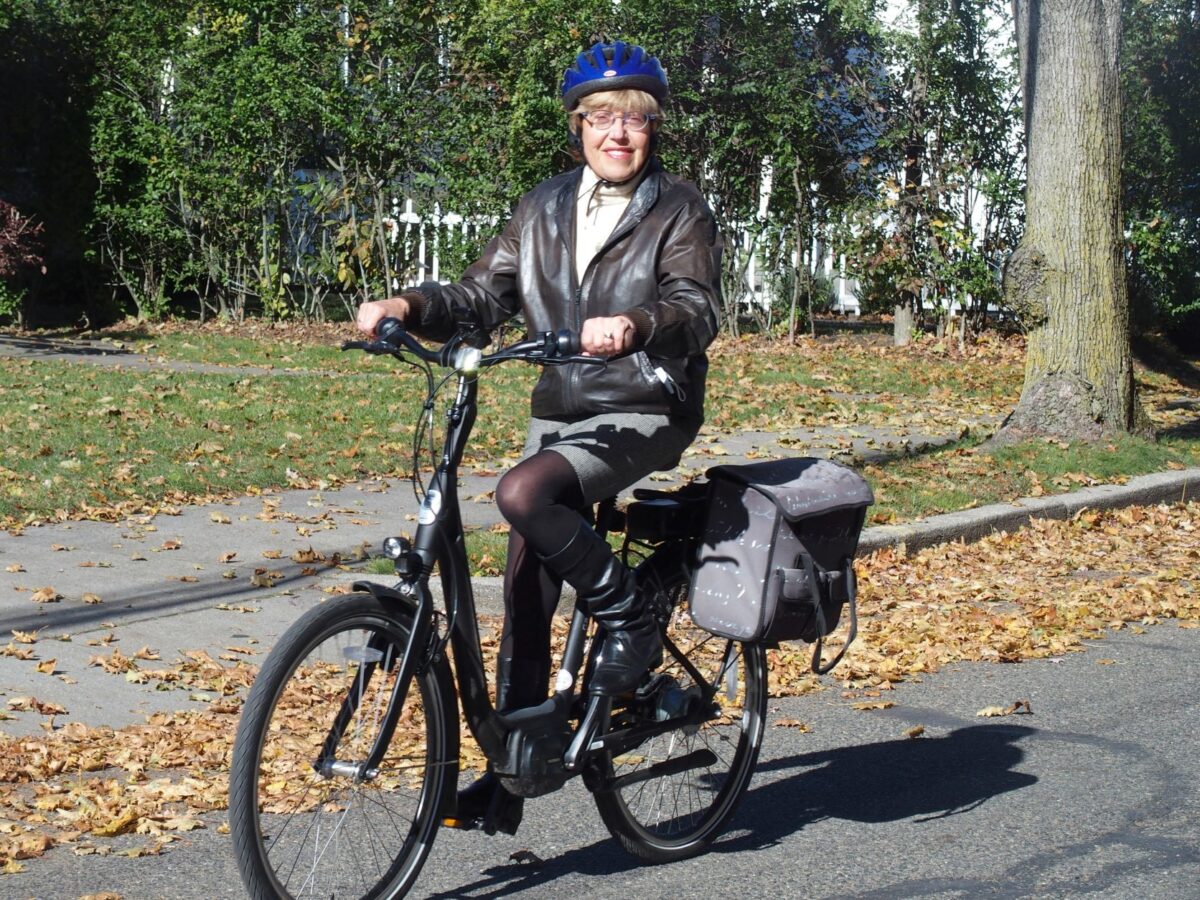Our generation of well educated Americans had a fabulous run. The energy was very cheap, largely because we externalized its real cost into the future. As a result, we developed very energy intensive lifestyles. More importantly, the definition we collectively created of what it means to have a “good life” and “basic comforts” is a definition that requires a lot of energy. And of course, the marketing and advertising industries told us that this is what freedom, democracy and American Dream are about, and that we deserve no less. No surprise, any mention of reducing that energy footprint feels very threatening.
It is too late for our generation to change. We have our beloved houses and our cars and are not going to give them up. Our families are scattered and that requires traveling (in my case, Chicago, California, the Netherlands). And because for decades we had such a great run, professionals in my generation have enough money to purchase all these comforts, travel globally, expand their living spaces, have second homes, go skiing or swimming when the outside temperature is 50 degrees, and on and on. I see no hope for our generation.
But I still hold hope for young people, those between 16 and 36 or so, who have not yet settled into the lifestyles that imitate those of their parents and grandparents. They have a big job ahead of them: First, they must see the connection between their lifestyles and the carbon footprint they generate. Second, they need to accept the fact that the kind of technological transition that is needed is costly, at least in the short run (a decade or two). When they demand that government “does something” they must be prepared that that something will affect their purchasing power and their options in life. They need to tell the government that “if it does something, and that something will carry a cost, they will still support the government and have its political back”. That is a big ASK. This is why I see the absolute necessity for the young people to come to understand that the enemy is both, the bad fossil fuel industry and us.
When I see these young people with their fists raised, demanding action, I want to ask them: what action do you want your government to take? What are you prepared to do/accept/give to make it possible? Protesting made sense when the Vietnam war was at stake because the young people on the street had very specific demands: to pull out of that damned war, and to protect themselves from having to go and fight and die. The message was simple and there were no economic costs involved in meeting the demands (just the opposite; that war cost the country a ton). Things are different now, more complex, the responsibility is spread out, the looming costs are high, and it requires that individuals act for the good of the community.
What makes the job of young people even more difficult is that they see their parents and grandparents not wanting to give up any of their own privileges. My two adult sons, both in their forties and with families, tell me that our generation is the most selfish of all. They are right. The social safety created during the mid-twentieth century, which makes our lives so much better than those of our own parents and grandparents, needs to be expanded and funded, but we do not want to pay for it so the vote is, time and time again, a “no”. The energy transition is going to be costly, and again, we do not want to pay for it. Instead, the top 10% of earners do their best to assure wealth and privilege for their own offspring, and the rest of the society puts their heads in the sand, grinds their teeth, hates the “others”, and looks for a leader who promises miracles.
This is why I am committed to working on sustainable lifestyles and consumption. What I am trying to accomplish is most likely too little too late. But on the other hand, if even only a handful of people who live in the rich and privileged city I call home begin to see that the enemy is us, I have done something worthwhile.
